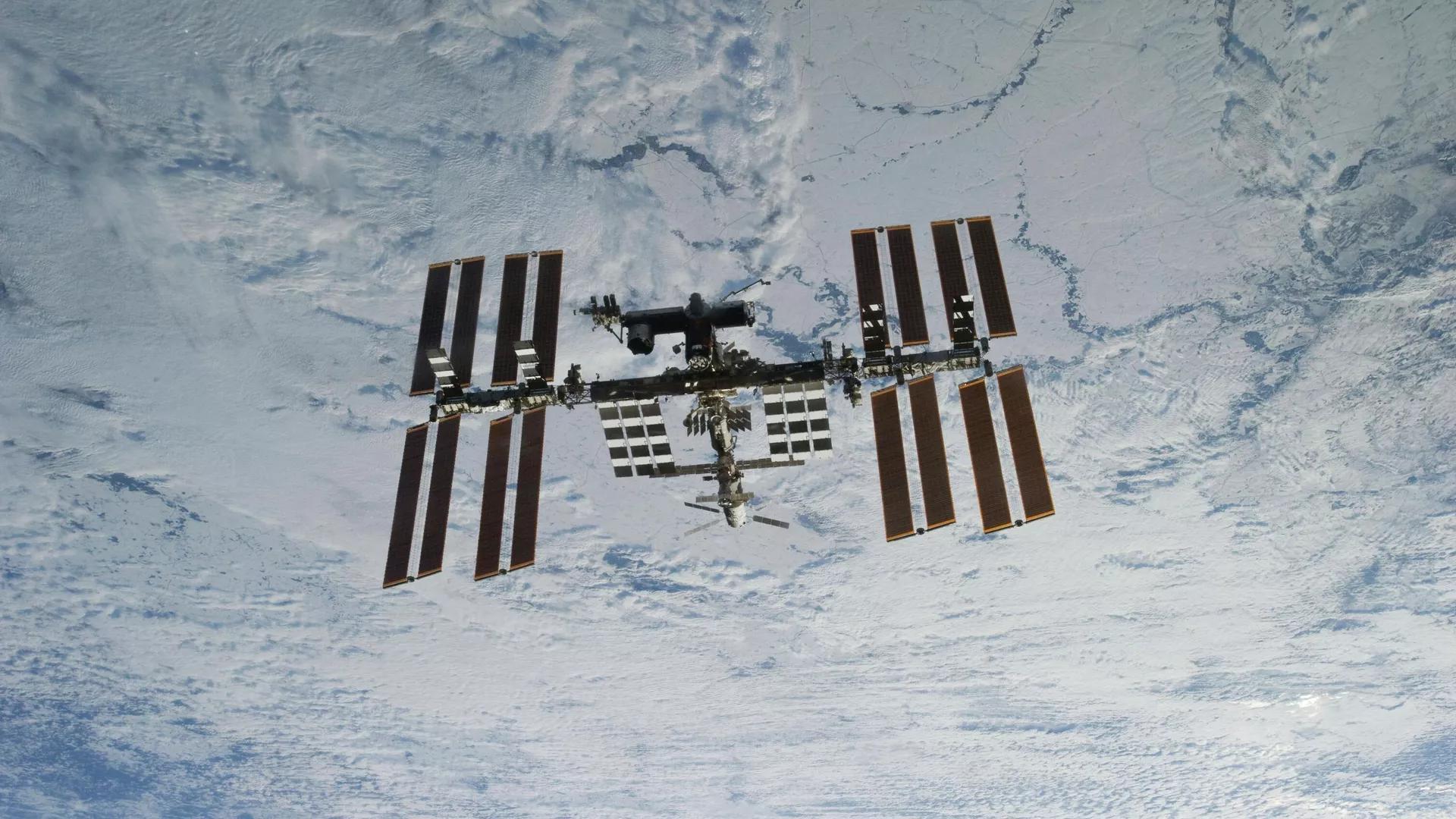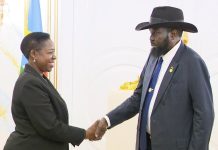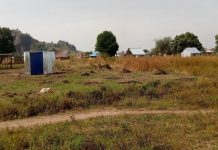Africa-Press – South-Sudan. Moscow has offered BRICS – the acronym for Brazil, Russia, India, China and South Africa – the creation of a specialized module for the Russian orbital station (ROS) in order to carry out their national space research at a low Earth orbit (LEO).
Roscosmos Director General Yury Borisov has suggested that BRICS countries should consider jointly creating a fully-fledged space module that would allow them “to use the possibilities of low Earth orbit to implement their national space programs” during the recent meeting of the joint committee on space cooperation of the BRICS member nations.
S. P. Korolev Rocket and Space Corporation Energia, the leading rocket-space enterprise in Russia, has been making a preliminary design of the new orbital station which is due to be completed in 2023. The first module of the new station is expected to be launched in 2027, and astronauts will be able to operate it in 2028.
“We must not forget that the new Russian orbital station has new capabilities with respect to the ISS,” Russian Academy of Sciences Space Research Institute senior researcher Nathan Eismont told Sputnik.
Sputnik’s interlocutor noted that the new module could look “pretty much like” the Russian module on the International Space Station (ISS). There will be maximum constructive borrowings, which increases reliability, according to the expert.
It was planned that the ROS would be inaugurated prior to the decommissioning of the ISS, scheduled for 2028-2030. The ISS is currently used by Russia, the United States, the European Space Agency, Canada, and Japan.
How BRICS Could Benefit From Joint Space Project?
BRICS countries are likely to benefit immensely from the developing project, according to the expert. Brazil and South Africa may win a lot because they are interested in observation of the South Pole and the new station – unlike the ISS – would offer them this opportunity, he explained.
There are great new opportunities for the People’s Republic of China, too. Even though the Chinese have launched their own orbital station, it has “a low inclination”, somewhere around 30 degrees, per the expert. That means that the Chinese cannot currently observe Polar regions.Another participant is India. Geographically, India, in general, can largely consider the same tasks as China and grasp unique opportunities, according to the expert.
There also could be a political benefit in India’s participation, he pointed out.
Are BRICS Countries Prepared?
The BRICS club has yet another advantage for joint cooperation in space: Chinese and Indian space technologies have a lot in common with that of Russia, Eismont remarked.
While the Republic of South Africa appears to be a novice in the field, it has its own advantages. The crux of the matter is that not only Brazil, but also South Africa, are located in the Southern Hemisphere, and this makes it possible to use the control station there. And this, of course, greatly expands the possibilities of operating this station, according to Sputnik’s interlocutor. “That is, literally everyone wins here,” he stressed.
When it comes to Brazil, it has long been striving to join the club of influential space powers.
For More News And Analysis About South-Sudan Follow Africa-Press






